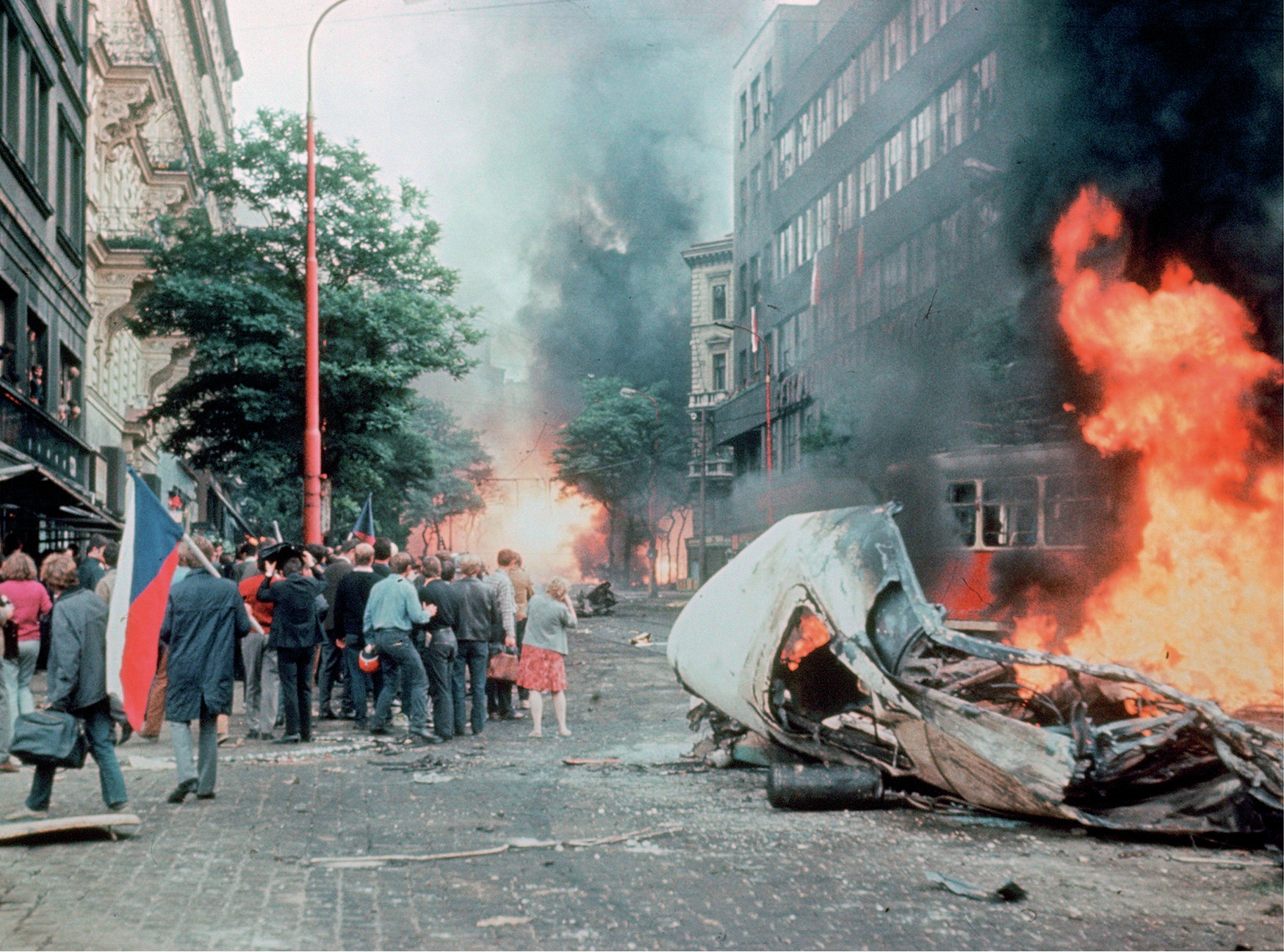
Students often confuse the details of the Hungarian Uprising of 1956 and the Prague Spring in 1968. This is not surprising as the attempts in both countries to loosen Soviet control follow similar patterns and both uprisings were ended by direct action by the USSR. The roots of opposition in both Hungary and Czechoslovakia to Soviet control are likewise a product of a similar experience under the Russians as they created satellite states in the postwar period.
Although Czechoslovakia had been invaded by Germany and Hungary had been an ally of Germany their experience of the Red Army in 1944–45 was broadly similar. The actions of Soviet soldiers appalled even the underground Communist parties of both countries who had been waiting excitedly for the day of liberation. Rapes were common, and went unpunished. Soviet soldiers reacted to the ‘wealth’ they found in Hungary and Czechoslovakia by stealing everything they could lay their hands on — they showed a particular fondness for watches and bicycles. The behaviour of the ordinary troops was not punished and the citizens of Czechoslovakia and Hungary saw the rules of their society break down.
Your organisation does not have access to this article.
Sign up today to give your students the edge they need to achieve their best grades with subject expertise
Subscribe




